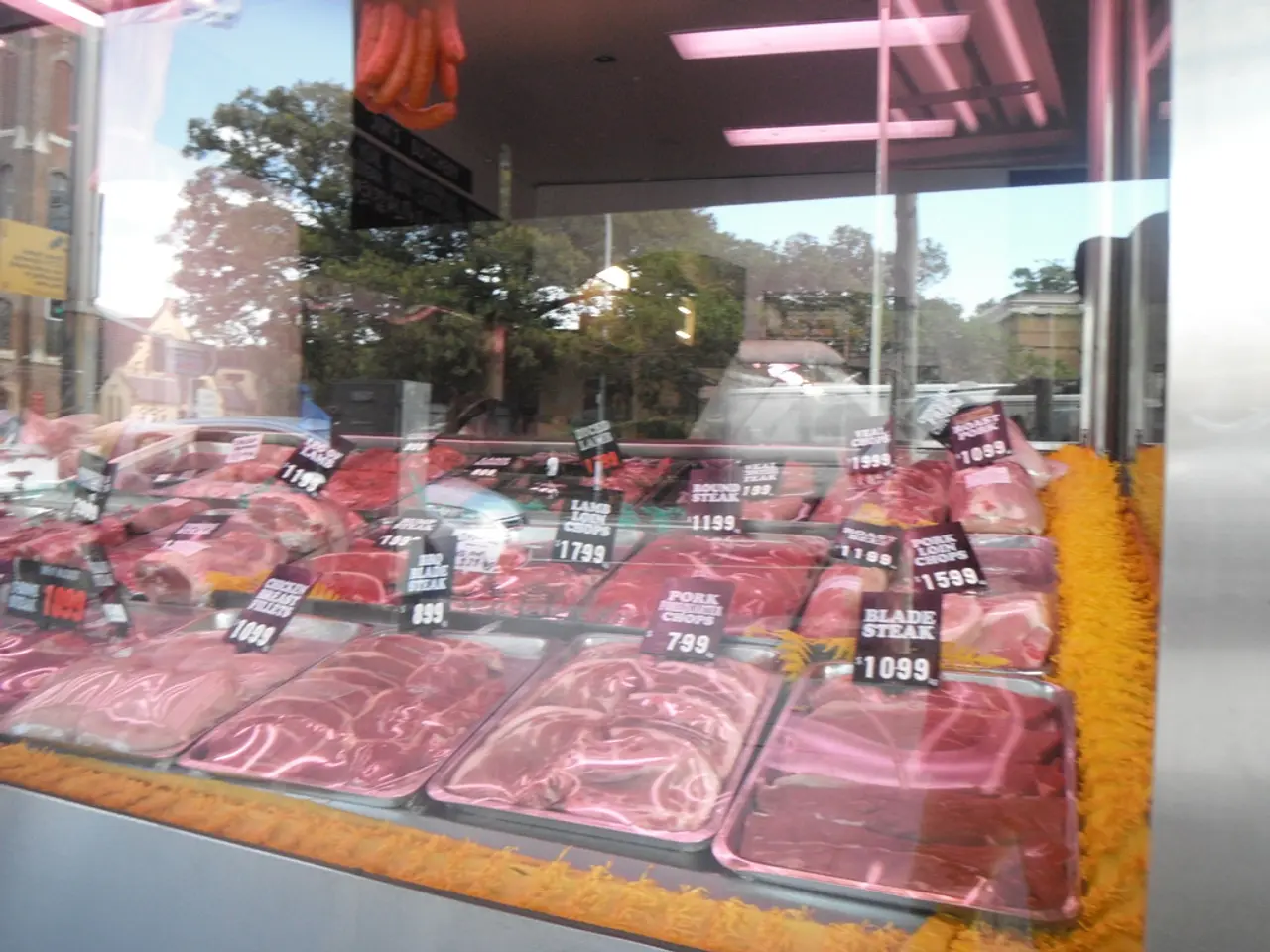Senate Democrats plead with Agriculture Committee to dismiss Food Security and Farm Protection Act, earlier titled the EATS Act
U.S. Senate Democrats Urge Rejection of Food Security and Farm Protection Act
A group of 32 U.S. Senate Democrats have sent a letter to Senate Agriculture Chairman John Boozman and Ranking Member Amy Klobuchar, urging them to exclude the Food Security and Farm Protection Act from the 2025 Farm Bill. The letter, signed by more than two-thirds of Senate Democrats, was applauded by Animal Wellness Action and the Center for a Humane Economy.
The Food Security and Farm Protection Act, formerly known as the EATS Act, has faced strong opposition due to its potential to nullify state animal protection laws. If passed, the Act would roll back animal welfare and states' rights by undermining laws that ban extreme confinement practices and protect farm animal welfare.
The enacted 2025 Farm Bill, known as the "One Big Beautiful Bill" Act, delivers $66 billion in agricultural investments but does not include the Food Security and Farm Protection Act. Instead, it addresses commodity programs, sugar policy, and farm safety net updates.
The bill, if passed, would preempt state laws and potentially harm farmworkers, communities, and the environment by removing protections at the state and local level. Opponents argue that it threatens animal welfare, states' rights, and sustainable farming.
The Senate Democrats' letter specifically opposes the bill because it would overturn successful state laws like California’s Proposition 12 and similar bans in 15 states that require cage-free or less confining animal housing. Thousands of U.S. farmers who have invested in crate-free systems to meet market demand would be economically stranded if state laws like Prop 12 and Question 3 were nullified.
Animal Wellness Action and the Center for a Humane Economy, Washington, D.C.-based organizations focused on animal welfare and a humane economy, criticized the Food Security and Farm Protection Act on multiple grounds. Wayne Pacelle, the president of both organizations, stated that China would be the biggest beneficiary if Congress passes the Act because Smithfield Foods, a U.S. proxy, would be able to build more massive factory farming complexes on U.S. soil.
The U.S. Supreme Court's 2023 decision in NPPC v. Ross and the recent non-revisit in IPPA v. Bonta upheld state authority to regulate agriculture within state borders, confirming that state measures like Prop 12 are constitutionally sound. However, the Food Security and Farm Protection Act, if passed, would nullify voter-approved measures like California's Prop 12 and Massachusetts' Question 3, which restrict the sale of pork from pigs confined in gestation crates and eggs from laying hens jammed into battery cages.
Passage of the Food Security and Farm Protection Act would also accelerate consolidation in agriculture, potentially turning independent producers into contract growers under foreign-controlled conglomerates. With no other sector of American agriculture calling for EATS-style legislation, and even the egg industry, which faced similar reforms, having adapted and opposing its commodity being included in the measure, the Food Security and Farm Protection Act remains a controversial proposal.
In summary, the Food Security and Farm Protection Act is not part of the enacted 2025 Farm Bill provisions but remains a controversial proposal opposed by many Senate Democrats mainly because it would override state animal welfare laws and undermine protections for farm animals, farmers, and local communities.
The Food Security and Farm Protection Act, fiercely contested by a majority of U.S. Senate Democrats, poses a threat to policy-and-legislation concerning animal welfare by attempting to nullify state animal protection laws, such as California’s Proposition 12. This controversial politics issue, if passed, would significantly impact general-news related to agriculture, farmworkers, and the environment.







